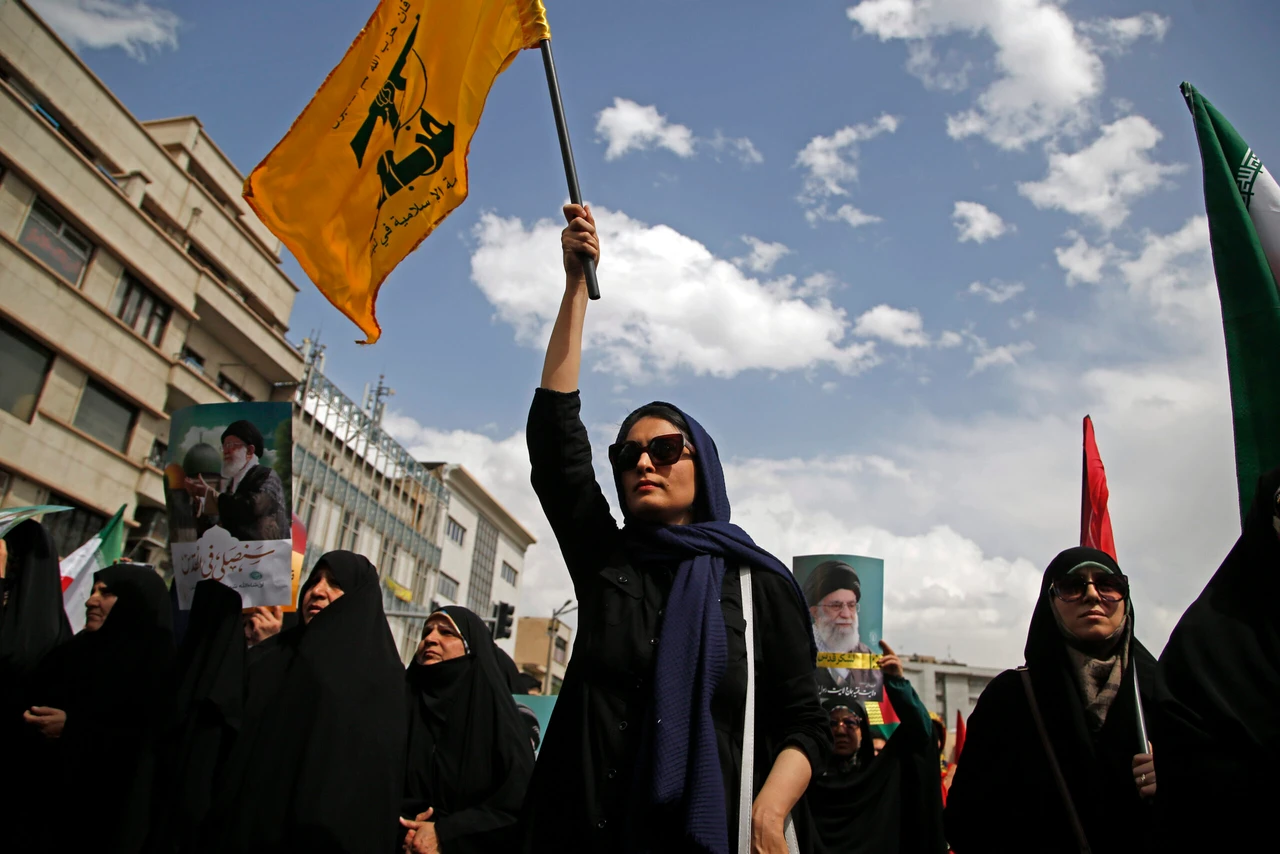Lebanese PM hints at ceasefire with Israel, signals Hezbollah withdrawal from South
 Lebanese Prime Minister Najib Mikati speaks during the International Conference in Support of Lebanon's People and Sovereignty in Paris, France on October 24, 2024. (AA Photo)
Lebanese Prime Minister Najib Mikati speaks during the International Conference in Support of Lebanon's People and Sovereignty in Paris, France on October 24, 2024. (AA Photo)
In a rare gesture of optimism, Lebanese Prime Minister Najib Mikati hinted at a possible ceasefire between Israel and Hezbollah within days, marking a shift in Lebanon’s stance amid escalating tensions along the southern border.
Speaking with Lebanon’s Al-Jadeed television, Mikati attributed his newfound optimism to a recent conversation with Amos Hochstein, Senior Advisor to U.S. President Joe Biden. “Before our conversation, I didn’t foresee a ceasefire before November 5,” Mikati said, “but after our discussion, I am hopeful we could see a resolution in the days or even hours ahead.” This potential breakthrough comes as Lebanon faces mounting pressure to stabilize security along the Israeli border, where cross-border incidents have fueled fears of a wider conflict.
Mikati also revealed that Hochstein’s recent visit to Beirut included confidential discussions with Parliament Speaker Nabih Berri. According to Mikati, Hochstein proposed a plan that would limit armed groups to the Lebanese state, particularly south of the Litani River—a clear message to Hezbollah to reconsider its military presence there. “No weapons outside Lebanon’s legitimacy should exist south of the Litani,” Mikati remarked, subtly urging Hezbollah to pull back in support of national security goals.
While Lebanon’s army would require further support to secure these areas independently, Mikati emphasized the necessity of reinforcing the military’s capabilities. Hezbollah’s role in southern Lebanon has long complicated diplomatic efforts, and this renewed emphasis on state control signals a shift in Lebanon’s approach to managing the region’s security dynamics.
Meanwhile, reports from Israeli media claim a draft ceasefire agreement, allegedly authored by Hochstein, has reached Israeli Prime Minister Benjamin Netanyahu’s desk, with final talks anticipated soon. If confirmed, this ceasefire could represent a crucial step towards stability in Lebanon’s often volatile south—a development closely watched across the region.



